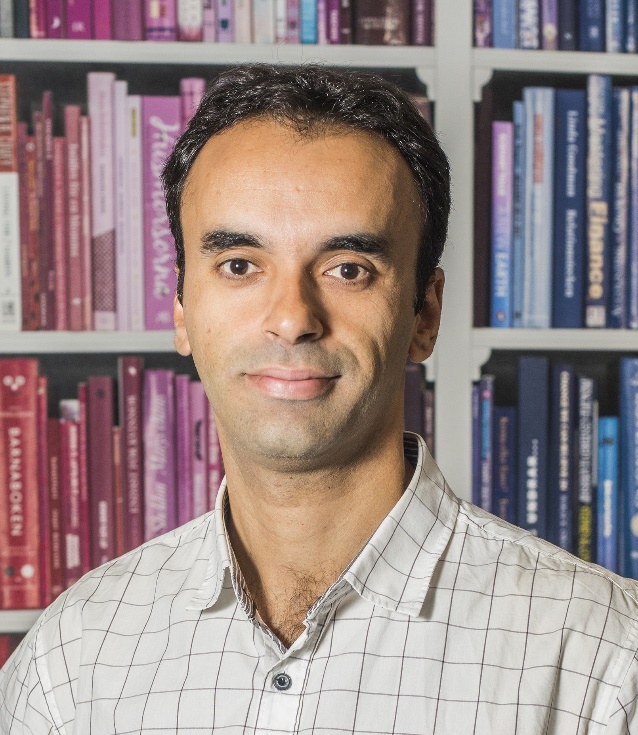- Indico style
- Indico style - inline minutes
- Indico style - numbered
- Indico style - numbered + minutes
- Indico Weeks View
ENBIS Webinar: Time series forecasting using ensemble and hybrid methodologies
→
Europe/Amsterdam
Description

Time series forecasting using ensemble and hybrid methodologies
Speaker: Paulo Canas Rodrigues, Federal University of Bahia, Salvador, Brazil
Date: 10th May 2022, at 12:30-13:30 CEST
Time series forecasting plays a key role in areas such as energy, environment, economy, and finances. Hybrid methodologies, combining the results of statistical and machine learning methods, have become popular for time series analysis and forecasting, as they allow researchers to compensate the limitations of one approach with the strengths of the other, and combine them into new frameworks while improving forecasting accuracy. In this class of methods, algorithms for time series forecasting are applied sequentially, i.e., the second model can be applied to the residuals that were not captured by the first, by considering that the observed data is a combination of linear and nonlinear components. Another category of methods for time series forecasting is the ensemble methods that are the result of the weighted average of individual forecasts from several methods. In this talk, I will discuss several strategies for time series forecasting, including ensemble and hybrid methodologies, with application to electricity load forecasting and to PM10 (inhalable particles, with diameters that are generally 10 micrometers and smaller) forecasting.
Bio:
Paulo Canas Rodrigues obtained his PhD in Statistics at Universidade Nova de Lisboa (2012), and his Aggregation (Habilitation) in Mathematics, specialization in Statistics and Stochastic Processes, at Universidade de Lisboa (2019). He is currently a professor in the Statistics Department at the Federal University of Bahia (UFBA). He has published more than 70 scientific papers, in collaboration with more than 90 co-authors from 20 countries and has extensive experience in editorial activities. Paulo was Vice-President of the International Association for Business and Industrial Statistics between 2009 and 2013 and was the founder and Chairman of the Latin American Regional Section of the International Association for Statistical Computing between 2017 and 2019. Among other activities, he is currently the President of the Brazilian Region of the International Biometric Society, Member of the Representative Council of the International Biometric Society, Principal Investigator of the Statistical Learning Laboratory, Chair of the Special Interest Group on Data Science of the International Statistical Institute, and President-Elect of the International Association for Business and Industrial Statistics.
